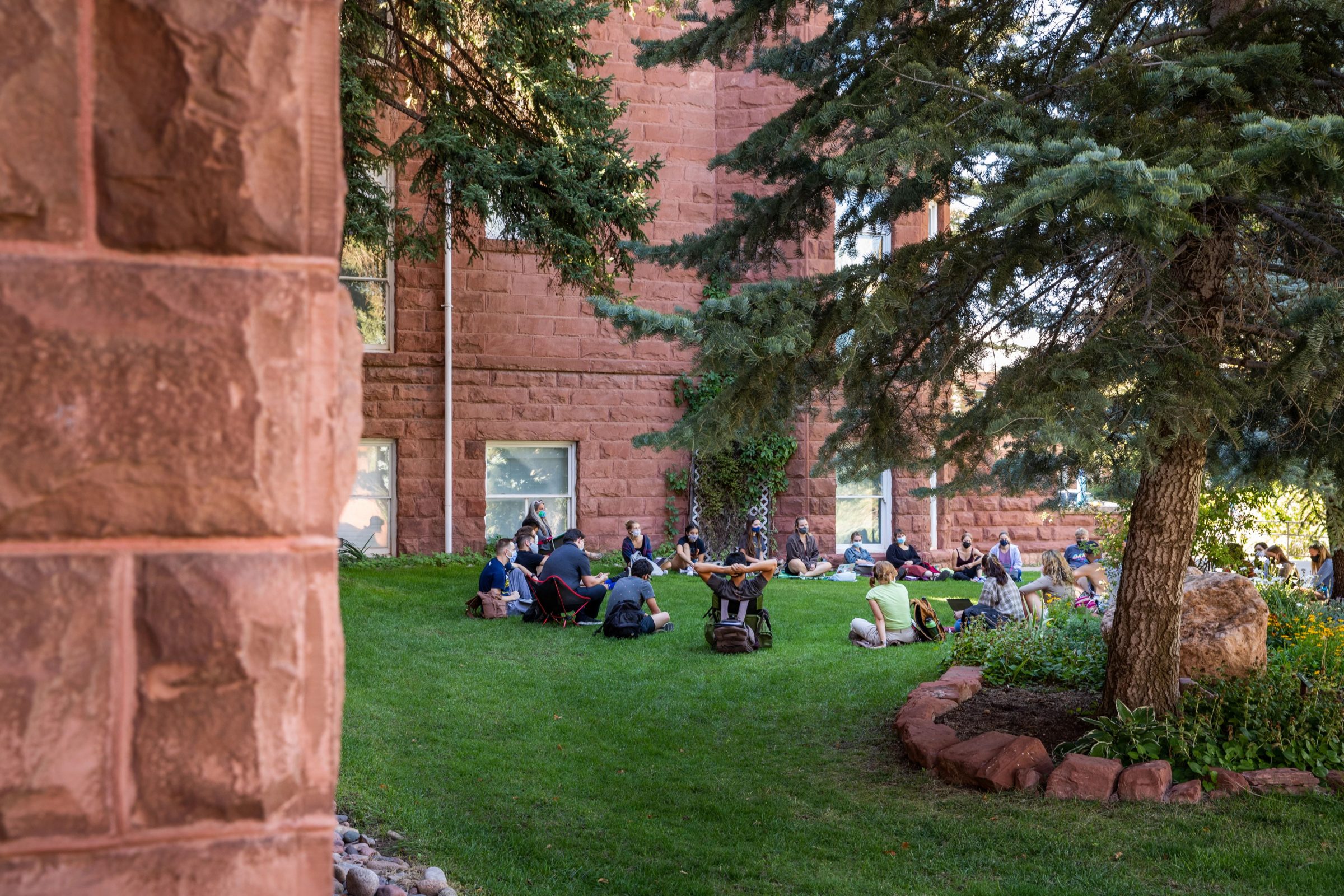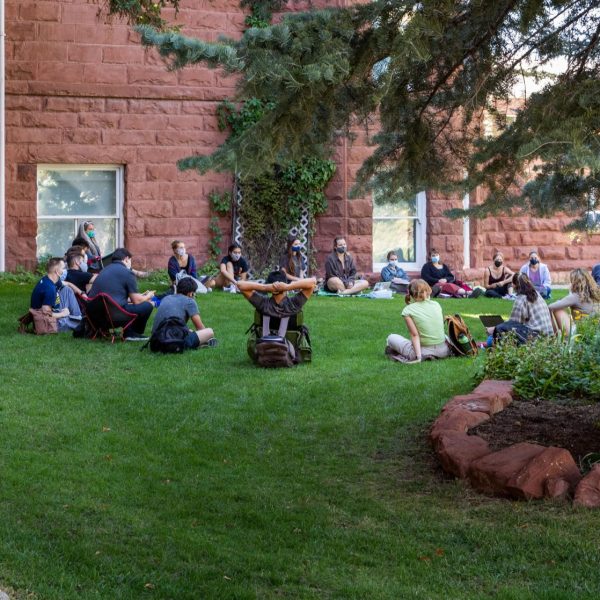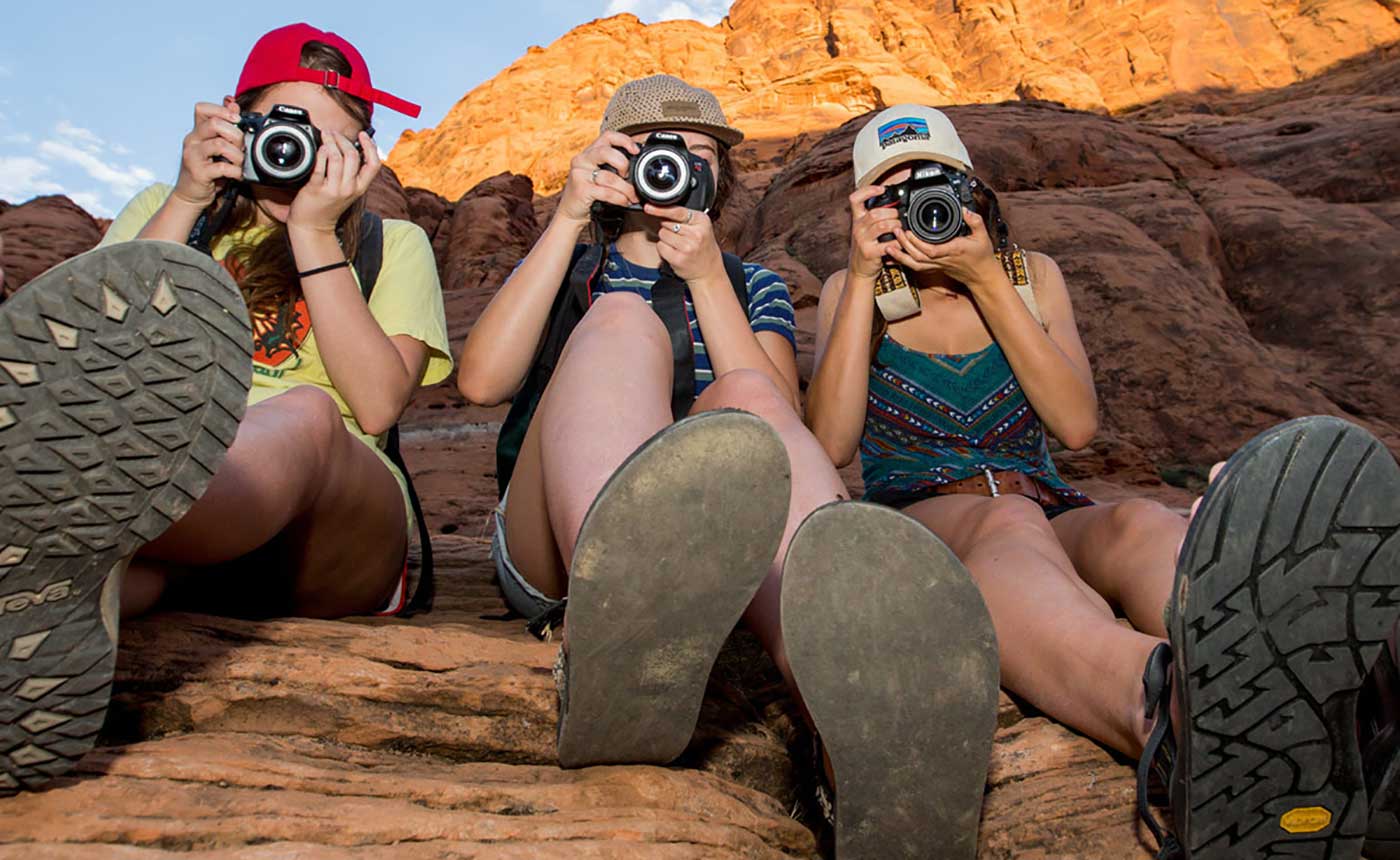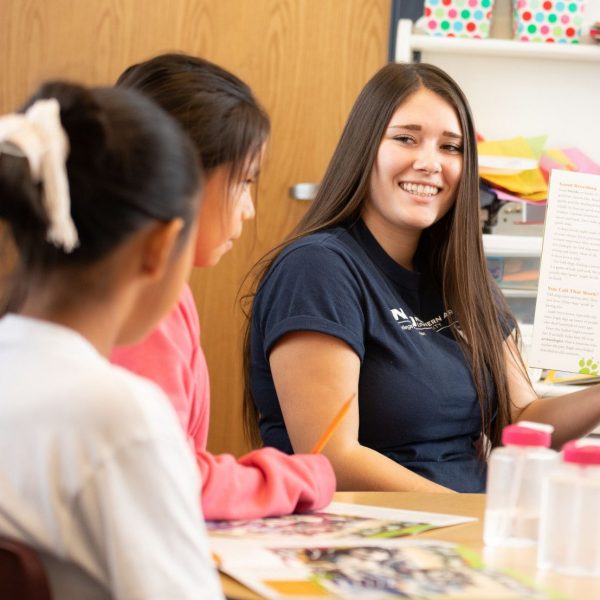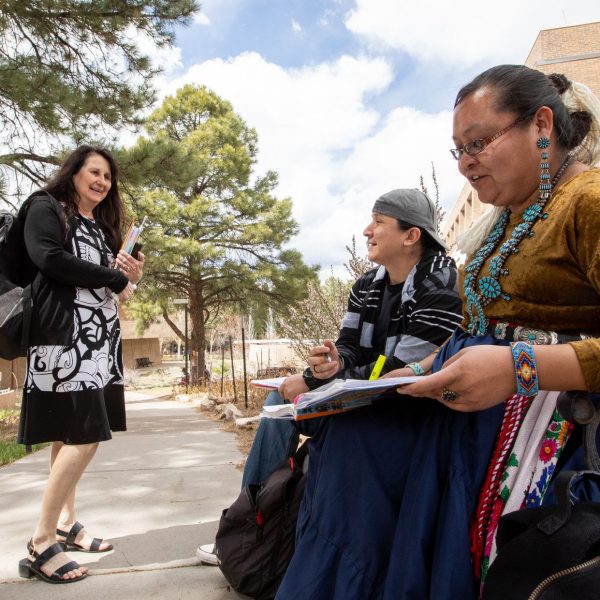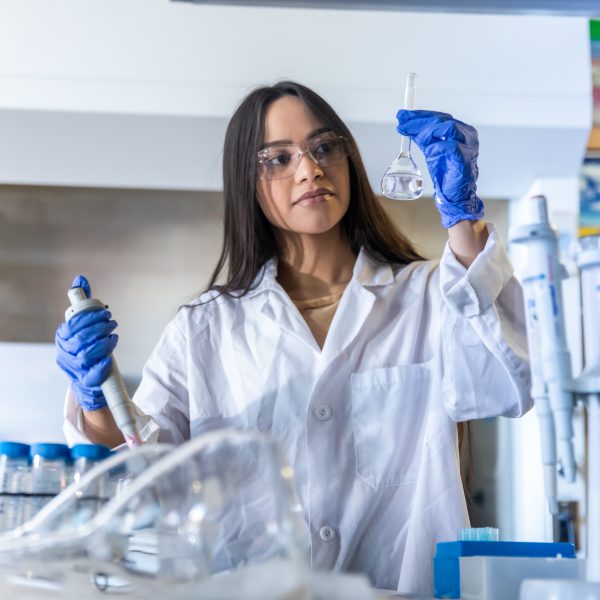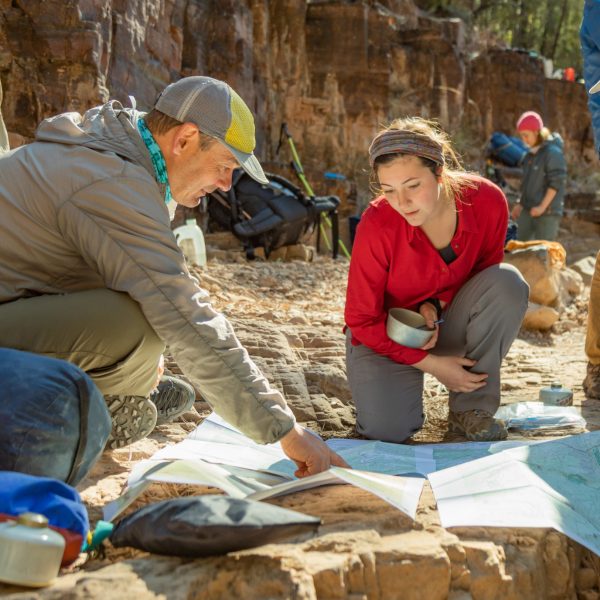At Northern Arizona University, we’re committed to equitable education—and we’re ready for you to be part of our new hiring campaign.
We are an institution devoted to maintaining a diverse, sustainable, rigorous, and empathetic learning environment. Our faculty and staff are leading the charge to make quality education accessible to all.
To support these commitments, we’re seeking new perspectives to join our team. Three of NAU’s colleges are coming together in a faculty hiring campaign to attract distinguished, driven scholars like you to join us.
Find your position within one of our esteemed colleges.
College of the Environment, Forestry, and Natural Sciences
Integral to the College of the Environment, Forestry, and Natural Sciences (CEFNS) is the ability for undergraduate students to participate in research. Some might join faculty researchers in the field to collect water samples for a cancer study, measure tree girth in a forest, or work in the lab studying canine diseases.
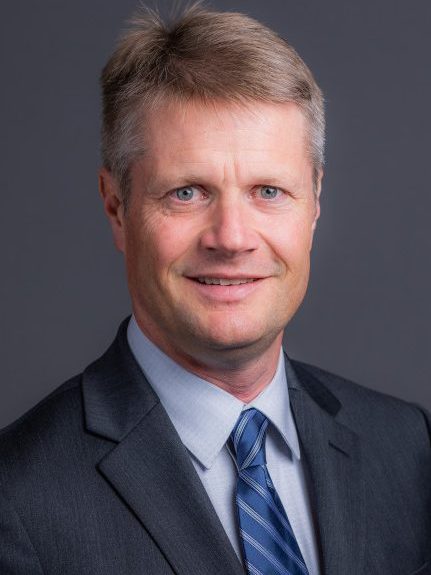
Whatever the study, they learn from faculty mentors and graduate students, and work on real-world issues. “At NAU, we expect our faculty to have students as part of the research that they do,” Dean Jason Wilder said. “So, really, we are a student-centric university.”
CEFNS is divided into six schools: Astronomy and Planetary Science, Biological Sciences, Chemistry and Biochemistry, Earth and Sustainability, Forestry, and Mathematics and Statistics. Current faculty have stellar research credentials that include local, national, and international studies. Through its courses, the Department of Mathematics and Statistics supports disciplines in both CEFNS and the College of Engineering, Informatics, and Applied Sciences (CEIAS).
While each department has its own focus, what remains a constant is the attention to NAU’s vision of helping students succeed. One way is to offer hands-on opportunities. Students work with graduate researchers and gain meaningful experience to take with them to their future careers. Each year, more than 500 students from across campus participate in NAU’s annual Undergraduate Symposium, presenting their research to the public. “At NAU we take a ton of pride in making sure that we are offering students hands-on coursework experiences where they’re doing laboratory activities or field-based activities that are grounded in current science, in a way that makes them very well trained for the workforce,” Wilder said.
Wilder is seeking faculty who will engage with the university. And to him, that means embracing and contributing to the university’s mission. He lists three ways this can work: being student-focused in their activities, developing collaborations with the community, and completing field research close to NAU so their students can be directly involved. “NAU is a place where faculty can be personally successful and advance their own personal, scientific, and professional agendas in a way that’s compatible with the overall vision of NAU,” Wilder said. “I think that creates the happiest faculty members who contribute the most to the university. Not surprisingly, it also helps us to retain them because they feel connected through more than just their salary with the university.”
College of Education
The College of Education (COE) prepares future teachers, education leaders, and behavioral health professionals for successful careers in education. COE degree plans span the field of education and include programs in Educational Specialties, Teaching and Learning, STEM Education, Educational Psychology, and Educational Leadership. COE also houses the First Year Experience program, which helps freshman students stay on track. In addition, robust on-site practicum experiences are key to the success of COE’s teacher education and counseling programs, and students typically spend three to five semesters observing and assisting teachers in the classroom or attending clinical settings.
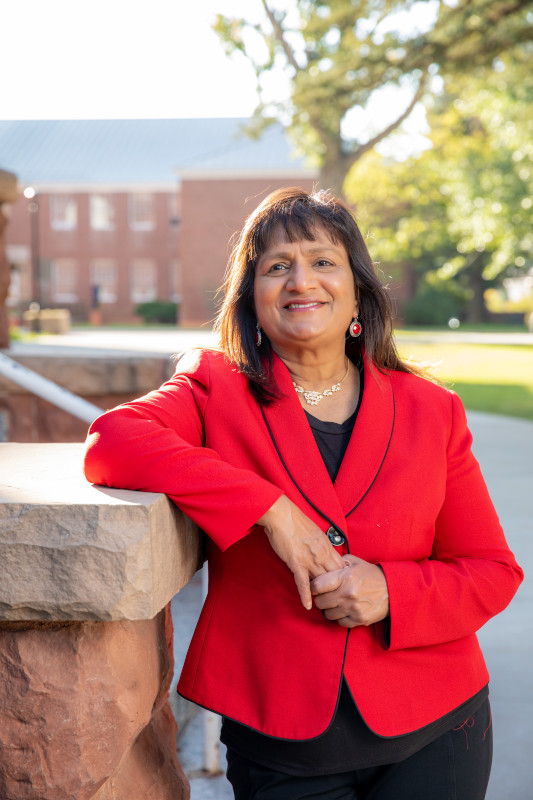
Dean Ramona Mellott explains that COE wants to attract and retain teachers from diverse backgrounds to meet the needs of a growing minority population. “Pre-K–12 students are trending toward 60 percent from diverse backgrounds in Arizona, yet the teachers of color currently comprise approximately 17 percent,” Mellott said. To meet the need for more teachers and reach students where they live, NAU offers COE degrees at statewide locations across Arizona.
Dean Mellott encourages faculty and staff to keep two concepts in mind: respect and kindness. Mellott believes students succeed when faculty pair a rigorous education with deep respect for the diverse experiences of their students. “As we interact with students, we also take their scheduling needs into account, because we know that many of them are nontraditional and must balance many things, so we must figure out how we can help them succeed,” Mellott said. “I value and model a very caring and supportive atmosphere for our students, faculty, and staff, and I expect the same in the classroom.”
Mellott and her team are mindful of Arizona’s diverse population, and her goal is for each COE graduate to have the skills to be culturally responsive and to teach Indigenous and Hispanic populations effectively. COE has a Diversity Task Force working on steps to ensure that their curriculum, culture, and hiring practices address these issues. “Whether students are counselors or teachers or clinicians, cultural competency is a necessary skill in order to be successful in their chosen careers,” Mellott said.
In addition, Mellott intends to help new faculty develop strong connections with NAU, their department, and their team. New hires participate in a mentoring program that provides the support and resources they need to succeed. “New hires have to learn a new job and adjust to a new community. They may also have to adjust to a changing role, and all of that can be overwhelming,” Mellott said. “It’s important that we provide all-around support to faculty and staff, so that they in turn, can better educate and support their students.”
College of Social and Behavioral Sciences
The multiple departments in the College of Social and Behavioral Sciences (SBS) are diverse, covering disciplines from Creative Media and Film to Psychological Sciences. Students in SBS might be aiming for a career as a social worker, psychologist, journalist, anthropologist, politician, civil servant, or lawyer. NAU’s unique Indian Country Criminal Justice degree, offered through a joint effort between Applied Indigenous Studies and Criminology and Criminal Justice, prepares students for careers in Indigenous criminal justice and related fields.
What ties these departments together is their commitment to student success, diversity, equity and inclusion; providing hands-on experiences for students; and offering innovative learning experiences.
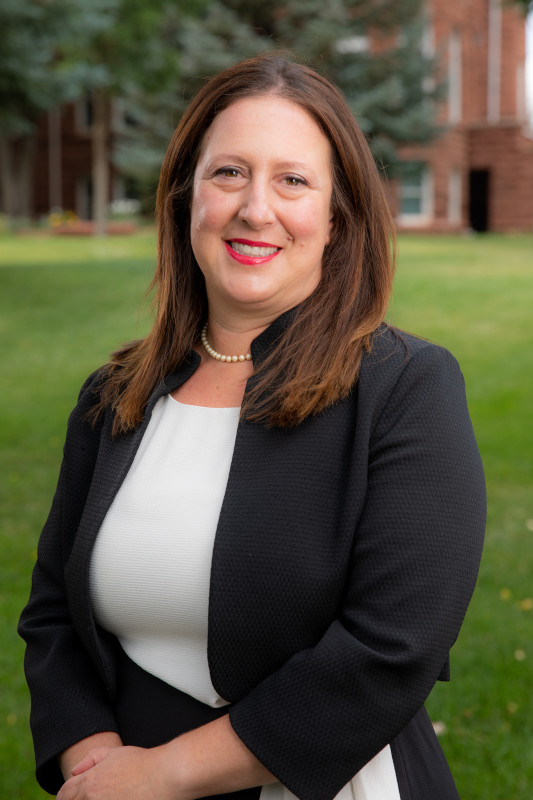
Interim Dean Lori Poloni-Staudinger explains that each department offers experiential learning or internship opportunities. At the School of Communication’s Media Innovation Center, for example, students produce, report, and write for The Lumberjack student newspaper, along with KJACK radio, NAZ Today television, and UTV62 TV programming. Students gain insight as they intern with local governments, work on projects ranging from community development research to remote sensing in the field, or even travel globally to work with faculty on archaeology or sustainability projects.
Poloni-Staudinger explains that SBS faculty bring innovation to the classroom: they might simulate international and controversial issues, place students in the community to find solutions to social problems, or bring students into their research on alcohol and opioid addiction. “We really like to see faculty think about how they might be able to work interdisciplinarily or transdisciplinarily. How would they push the boundaries of their disciplines? And how can they seek out forms of collaboration?” she said. “What I’m trying to foster within the colleges is a sense of psychological safety—you’re free to take risks because not all our ideas work out. But we should be trying new things.”
Diversity is threaded throughout the college, not just in the variety of the departments but also in its work and mission. As Poloni-Staudinger writes, “We collaborate in inquiry and practice to promote justice, diversity, equity, inclusion, sustainability, and human/community well-being as we build a shared sense of belonging.”
The college acknowledges past inequities and strives to provide opportunities for first-generation students and students from historically underserved backgrounds, particularly Indigenous and Hispanic/Latinx students. Poloni-Staudinger emphasizes student success as the college’s central focus.
Several new faculty will be hired under an “Indigenous studies and Latinx studies” hiring cluster. According to her, this hiring cluster aims to “diversify the faculty, meet institutional imperatives to serve Indigenous and Latinx students at NAU, and to meet the curricular needs of the new General Studies requirements.” These faculty members will have a cohort of colleagues and mentors to guide them as they gain their footing in NAU’s academic setting. “We want faculty to be entrepreneurial. We want them to be hardworking. We want them to have a deep commitment to diversity, equity, inclusion, and justice. And we want to have a deep commitment to success,” Poloni-Staudinger said.
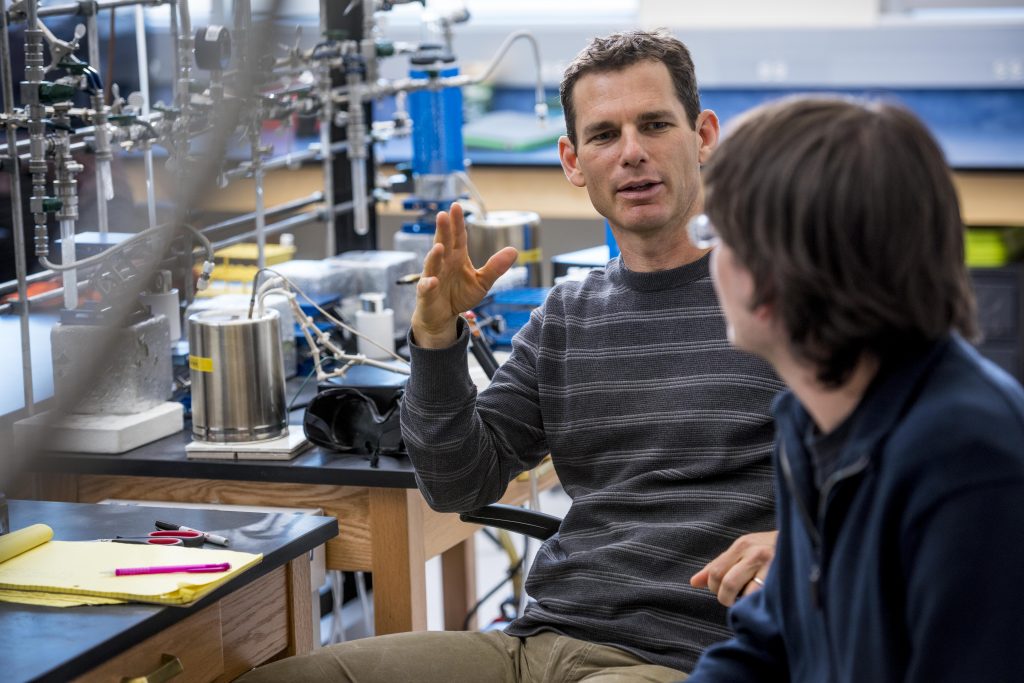
At NAU, every college is dedicated to the success of its students. In CEFNS, students have opportunities to conduct real-world research. COE is placed statewide to find teaching talent across Arizona. SBS helps students realize their dream of making a difference in their communities and in the world.
For more information on how to apply, please visit the faculty hiring web page.

